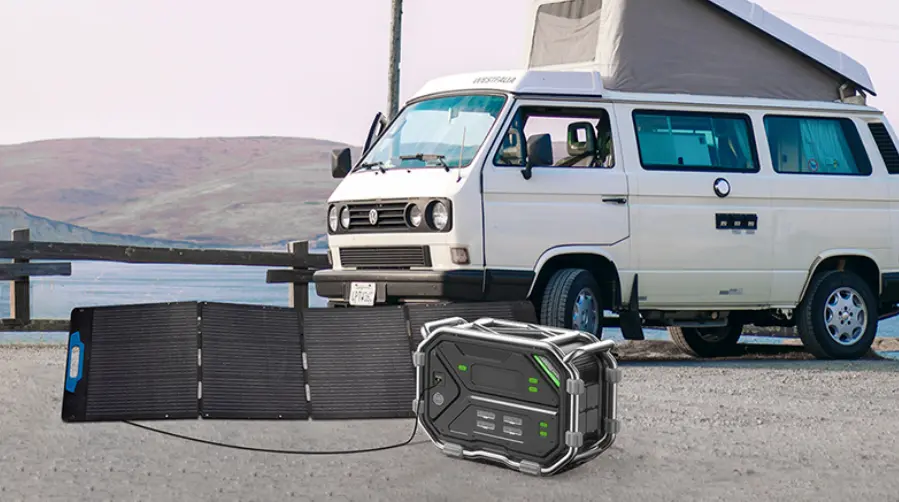
A solar battery is a device that stores energy generated from solar panels for later use. Solar batteries allow you to store excess electricity produced by your solar panels during the day and use it when the sun isn’t shining, such as during nighttime or cloudy days. This helps in maximizing the use of renewable energy, reducing reliance on the grid, and providing backup power during outages.
There are several types of solar batteries, including:
- Lithium-ion Batteries: These are the most common type used in residential solar systems due to their high efficiency, long lifespan, and compact size.
- Lead-acid Batteries: An older technology that is generally less expensive upfront but has a shorter lifespan and lower efficiency compared to lithium-ion batteries.
- Flow Batteries: These use liquid electrolytes and can offer longer lifespans and more cycles, but they are typically larger and more expensive.
- Nickel-based Batteries: Less common in residential settings but used in some industrial applications due to their durability and performance under extreme conditions.
Solar batteries can be integrated into a solar power system in various ways, including being part of an off-grid system, a grid-tied system with battery backup, or a hybrid system that combines both approaches. The choice of battery depends on factors like cost, storage capacity, efficiency, and specific energy needs.



